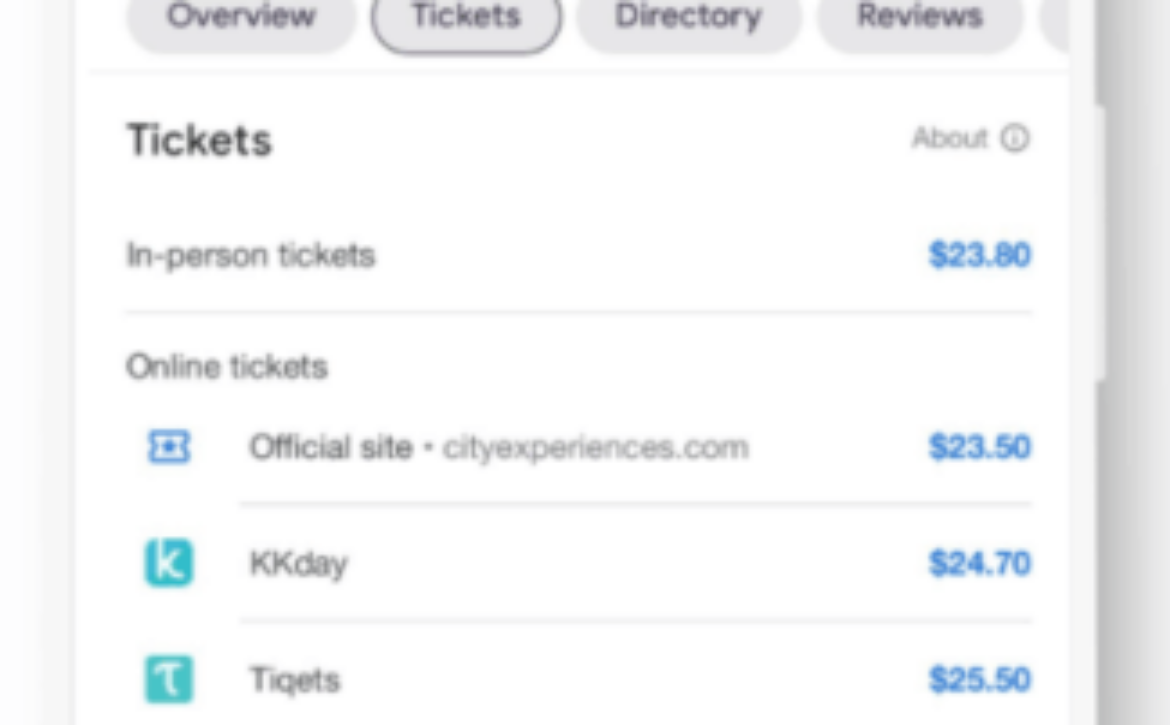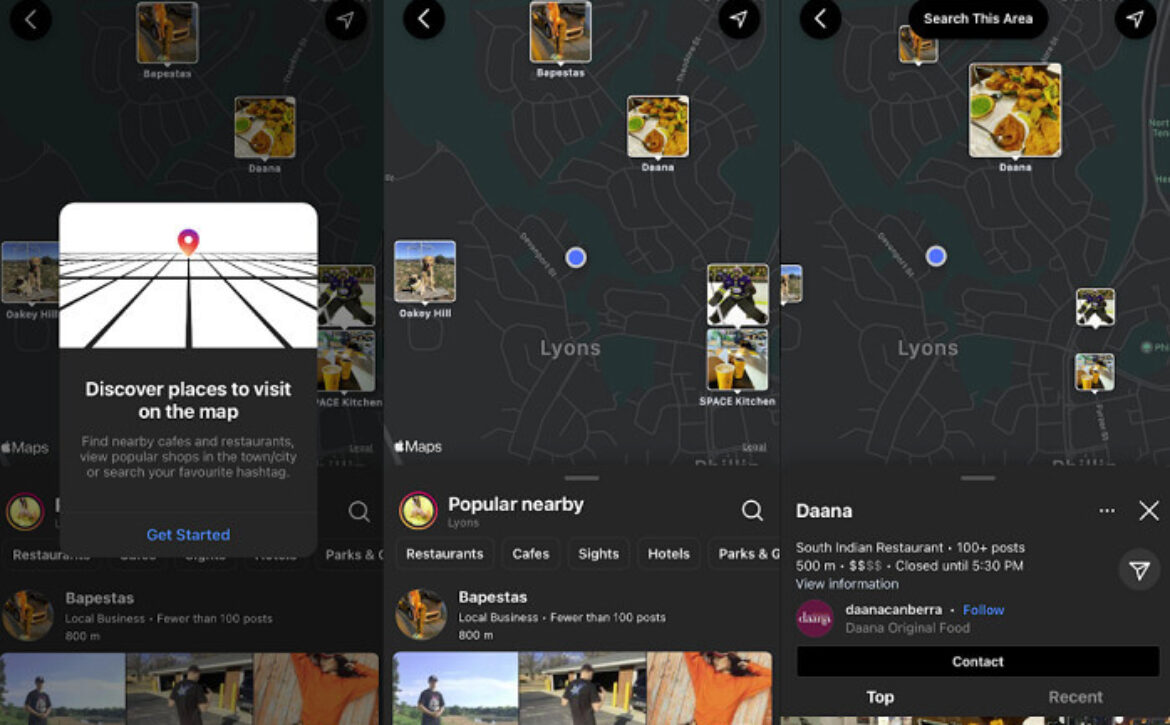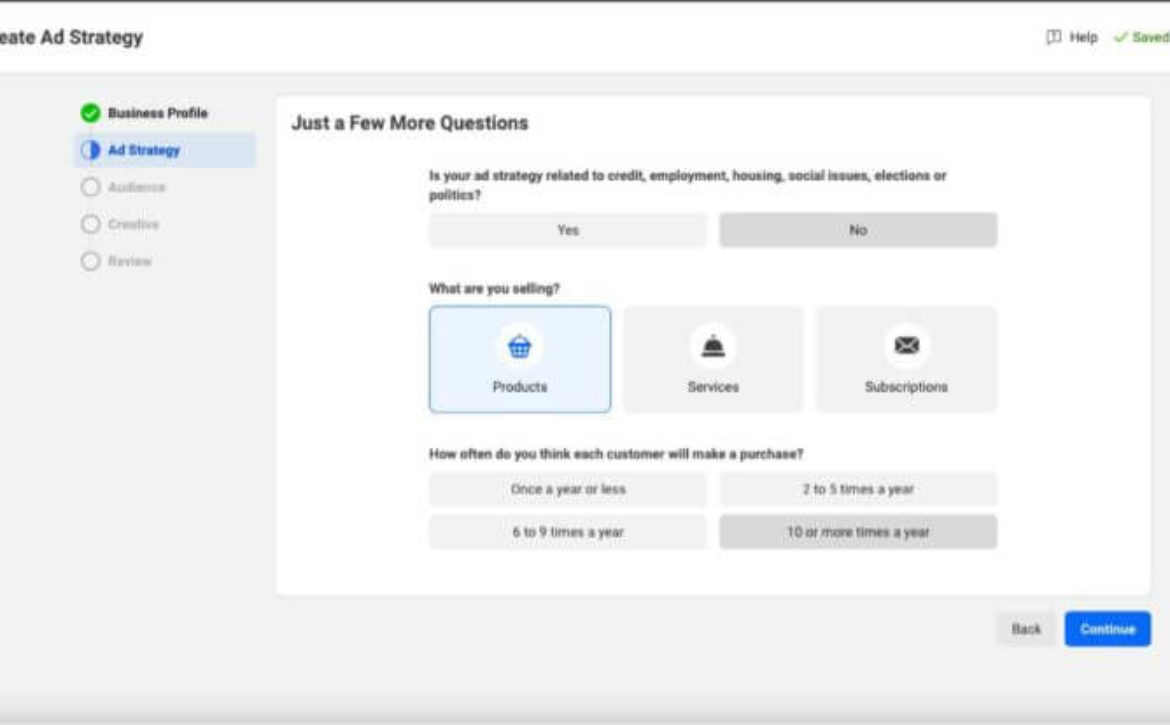Google rolls out new products for travel and leisure businesses; Thursday’s daily brief
Search Engine Land’s daily brief features daily insights, news, tips, and essential bits of wisdom for today’s search marketer. If you would like to read this before the rest of the internet does, sign up here to get it delivered to your inbox daily.
Good morning, Marketers, have you made headway with your DE&I initiatives?
Diversity is constantly top-of-mind for me as an SMX programming team member, as it is for our entire team. It’s easy to issue statements in solidarity with victims or denouncing injustices, but the real struggle is in identifying opportunities to make our events, workplace and industry more inclusive. Complacency and procrastination are our worst enemies here and only work to institutionalize inequity.
Making your own company more inclusive doesn’t mean treating certain demographics, like white males, as second-class citizens. “Inclusion management is really about a rising tide that lifts all boats, making sure that everybody feels that they are contributing to the mission of the company,” Dr. Lauren Tucker, founder of Do What Matters, said in an interview with MarTech. She also distinguished between intention and completion, calling out companies that hired chief diversity officers for performative reasons. Instead, she advocates for employee resource groups with leaders who can advise the company on implementing diversity initiatives.
At the top of this introduction, I said that the real struggle is in identifying opportunities to increase diversity. The Search Engine Land Award for Advancing Diversity and Inclusion in Search Marketing is one way we’re hoping to recognize professionals or organizations that have honored their commitments to positive change. I hope that this accolade shows aspiring professionals that they have a place among search marketers — I hope you’ll help us find that recipient by submitting a nomination before our October 8 deadline.
George Nguyen,
Editor
Google rolls out ticket booking links, ‘Things to do’ ads and an eco-certified badge for hotels
Google is introducing new organic and paid features for travel and leisure businesses, including ticket booking links and pricing in search results, new “Things to do” ads and an eco-certified badge for hotel listings.
The ticket booking links (shown above) can be viewed in the Tickets tab when users search for attractions (like the Statue of Liberty, for example). Things to do ads are available to tours, activities and attractions operators; they include images, reviews, pricing and a booking link and are shown to users based on their search terms, location and other related details. And, the eco-certified badge for hotel listings is available to hotels that are certified for high standards of sustainability by certain independent organizations, like EarthCheck and Green Key.
Why we care. As the world gradually moves away from the pandemic, these offerings could help travel and leisure businesses bounce back from over a year and a half of disruption.
Ticketing booking links in search results may help attract reservations or sales for ticket sellers with competitive prices. The new Things to do ad format is another tool that attractions operators can use to reach travelers that have shown an interest in a particular destination and can be a nice supplement to organic marketing efforts. And, the eco-certified badge for hotel listings may distinguish business profiles in the search results, which can be a unique selling point for environmentally conscious travelers.
While Google’s competitors in the travel sector may release (or already have) similar features available, these offerings strengthen Google as a travel platform by leveraging the company’s ecosystem of services and products, making it easier for users to plan their trips in one place.
New Roku app on the way for Shopify SMBs
Roku has announced a new Shopify app that will enable merchants to buy, build and measure campaigns across the Roku streaming platform. The Roku app will become available ahead of the 2021 holiday season, according to the company.
As the first streaming platform available to Shopify merchants, the app is set to open up SMBs to affordable TV campaigns. It’ll allow business owners to set up, monitor and execute campaigns on their own, based on the parameters of their ad budget. Advertisers download the Roku app from the Shopify App Store, pick their audience and ad budget, and set timing and duration. From there, they upload their creative and have a campaign ready to go. Roku reaches tens of millions of U.S. households.
In recent years, Roku has been a preferred streaming ad platform for many direct-to-consumer brands. TV streaming spend in Roku’s OneView Ad Platform nearly tripled year-over-year in Q2 2021.
Why we care. A low barrier to entry means that there are a lot of opportunities on streaming for advertisers, which may be especially advantageous ahead of the holiday shopping season. On an OTT platform like Roku, for instance, viewers can watch premium services like Disney+, or ad-supported free services like Pluto TV, which includes over 100+ channels. With so much inventory, SMBs with smaller budgets can run ads in front of families in their living rooms. The easy app experience further enables the democratization of streaming advertising, and will increase the slice of the overall TV pie that OTT/CTV has been building.
Questioning LSAs for lawyers and Google explains a use case for self-referential canonicals
Self-referential canonicals help clean up small SEO mistakes. “Since you don’t know how people link to your pages, a self-referential one helps to clean up small mistakes. For example, if a link goes to b.html?utm=cheese, then usually the server just shows b.html, and a self-referential canonical link element there would then encourage search engines to just use ‘b.html’ instead of ‘b.html?utm=cheese’,” Google’s John Mueller said, explaining a possible use case for self-referential canonicals.
The legality of LSAs for lawyers. An opinion piece was published in the NC State Bar Journal challenging local service ads (LSAs) by lawyers. The reasons seem sound enough: Contacting a lawyer via an LSA means that your communications may be recorded by a third party, lawyers have an obligation to warn prospective clients that their communications may not be private and the communications might be inadvertently disclosed. Tip of the hat to David Kyle for bringing this to our attention.
Update: “Reviews on independent sites.” Last week, we shared that local SEOs spotted text like “200+ reviews on independent sites” on GMB profiles. I asked Google, and a spokesperson told me, “We strive to surface relevant information that helps people make decisions. As part of that, we’re running an experiment to showcase how many customer reviews local services businesses have.” I suppose we’ll just have to wait and see if this ever gets an official rollout.
What We’re Reading: Facebook: Sorry, not sorry
The bad press continues for Facebook: An article by Ryan Mac and Sheera Frenkel for the New York Times has detailed the social media network’s new strategy to bolster its image. Code-named “Project Amplify,” the plan includes issuing fewer apologies, reducing outsiders’ access to internal data and distancing Mark Zuckerberg from scandals (to recast him as more of an innovator).
Historically, Facebook confronted privacy, misinformation and hate speech controversies on its platform by issuing public apologies. Zuckerberg, himself, even took personal responsibility for Russian interference on the site during the 2016 election. However, these apologies haven’t redeemed the platform. Now, “They’re realizing that no one else is going to come to their defense, so they need to do it and say it themselves,” said Katie Harbath, a former Facebook public policy director.
The company is now using the News Feed, the most valuable place on its site, to promote pro-Facebook content, according to the NYT. In April, the team behind CrowdTangle, Facebook’s tool that provides data on the engagement and the popularity of posts, was told that it would be broken up. And, I suppose Zuckerberg’s Independence Day electric surfboard post is part of his new, unapologetic image.
I imagine users won’t react favorably to Facebook’s “Sorry, not sorry, but here’s more pro-Facebook content in your feed” approach. In addition, the company recently warned that Apple’s privacy changes will have a bigger impact on its revenue in Q3. So, investors are bracing for the news, advertisers are being impacted to a greater extent than they might’ve anticipated and users probably won’t be elated by the content of the NYT article. The company still owns WhatsApp and Instagram, but if it cannot turn the swelling tides, its flagship product may lose relevance.
The post Google rolls out new products for travel and leisure businesses; Thursday’s daily brief appeared first on Search Engine Land.




